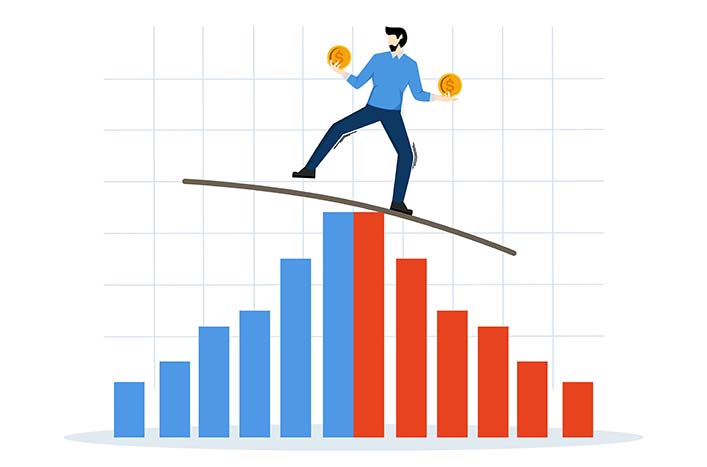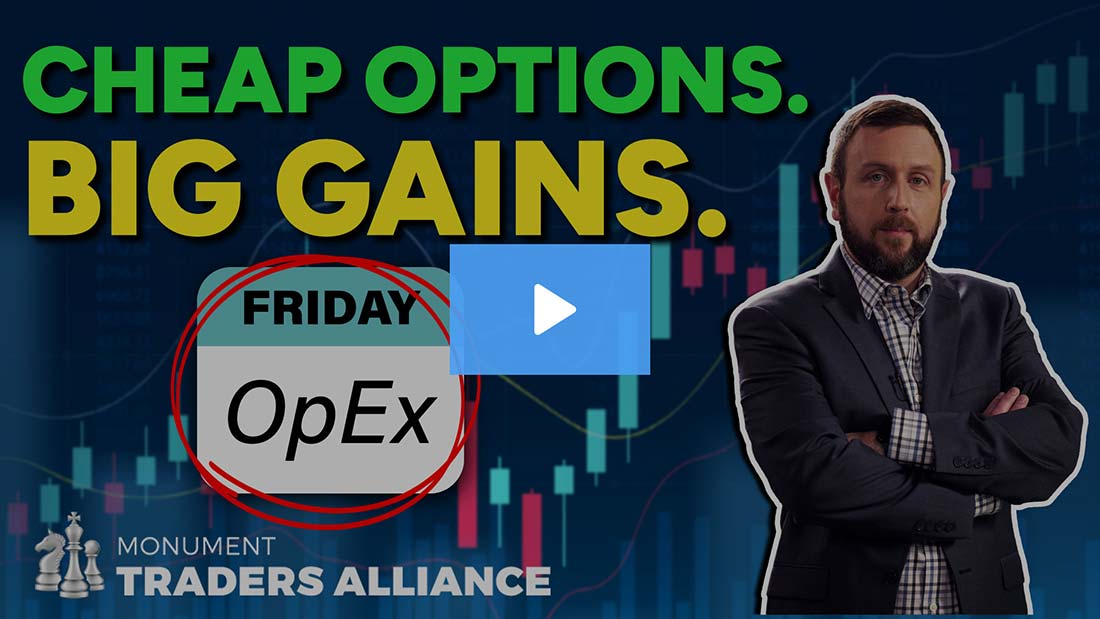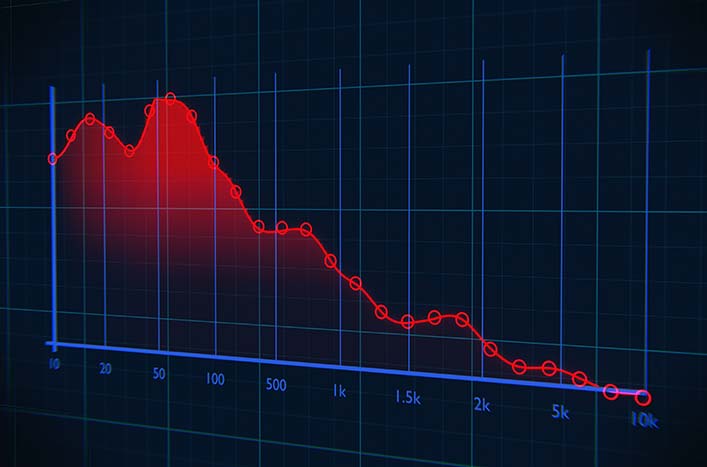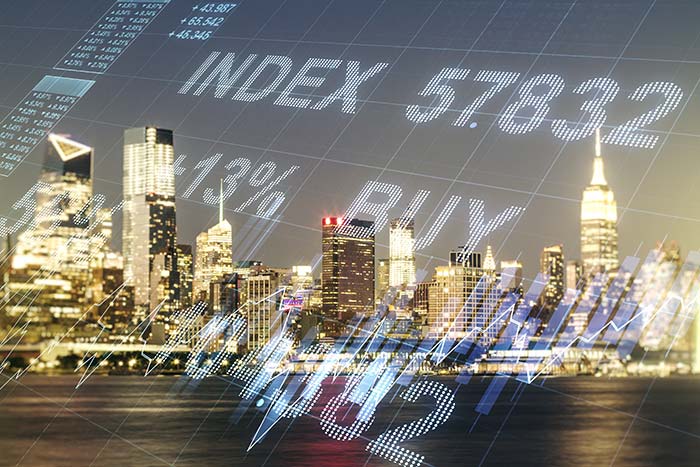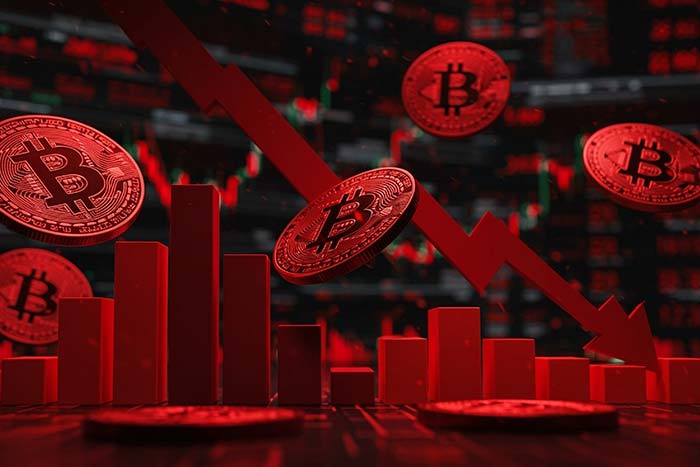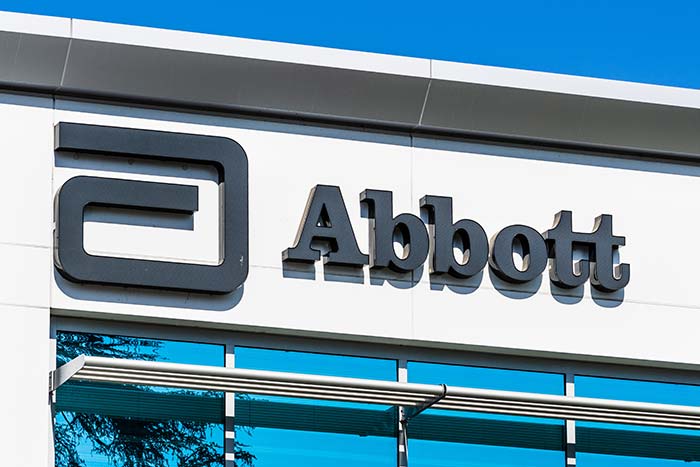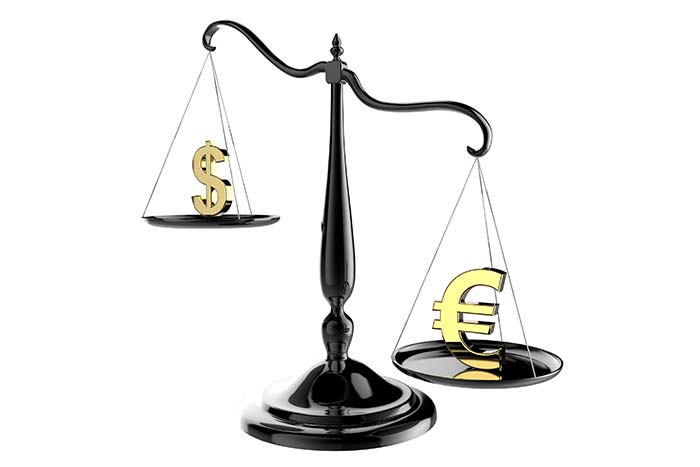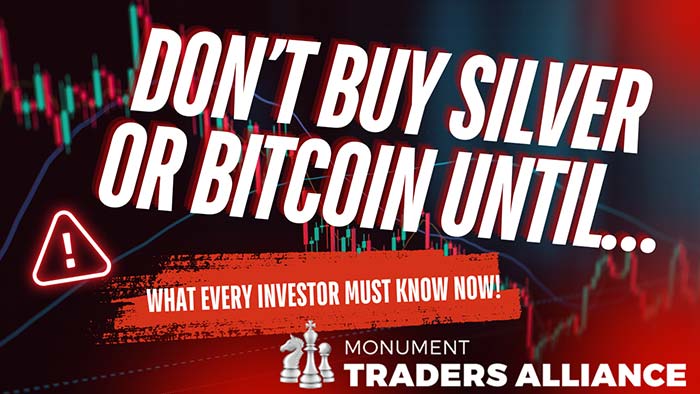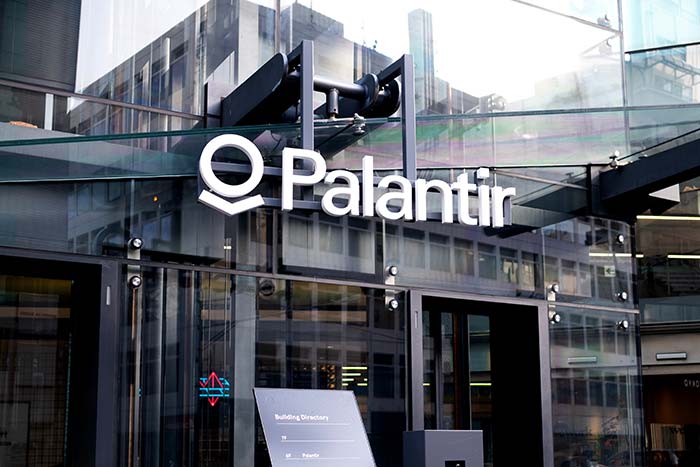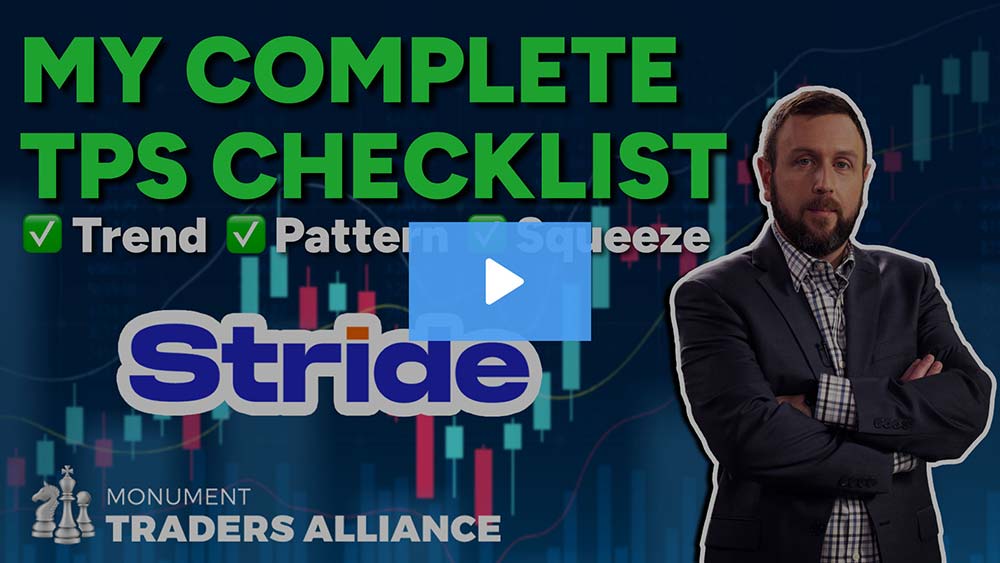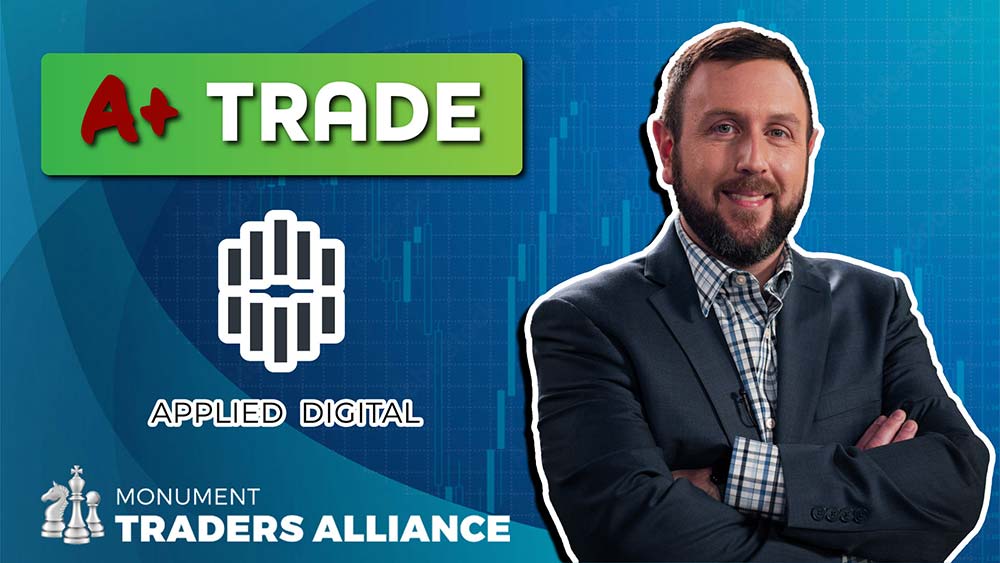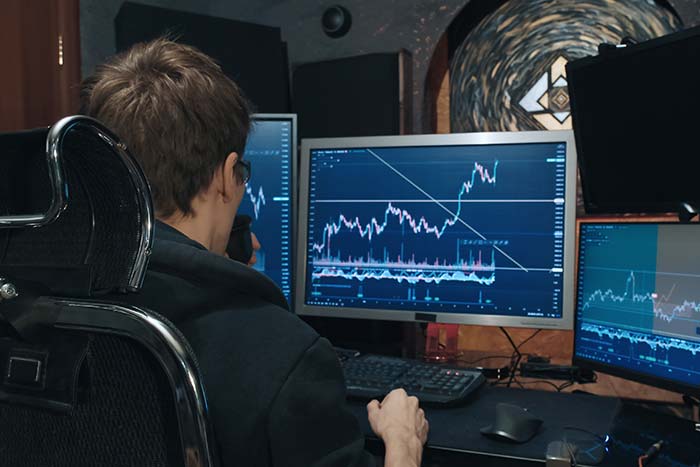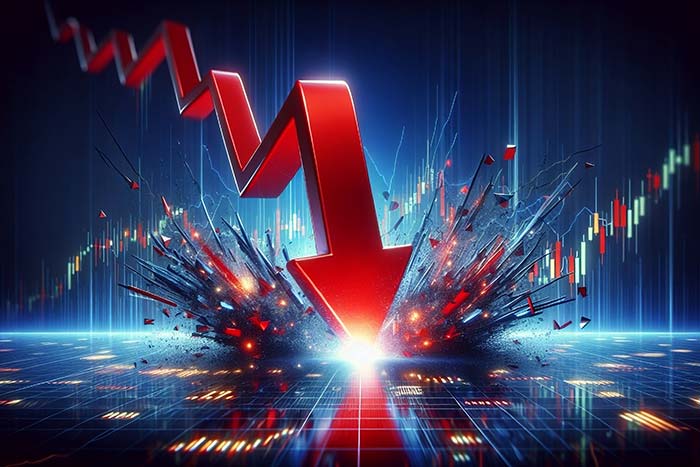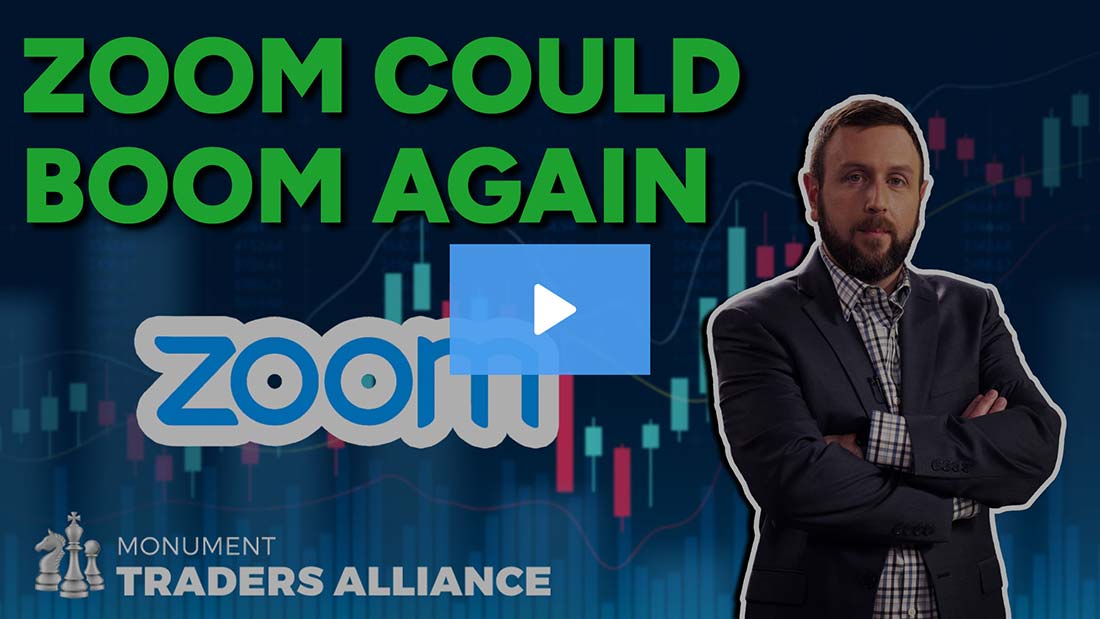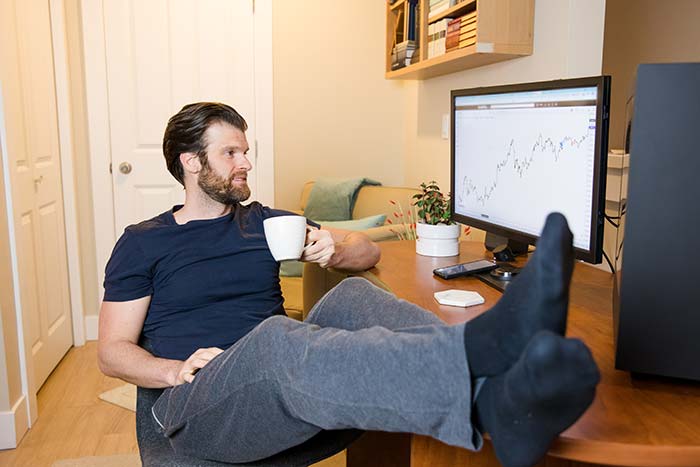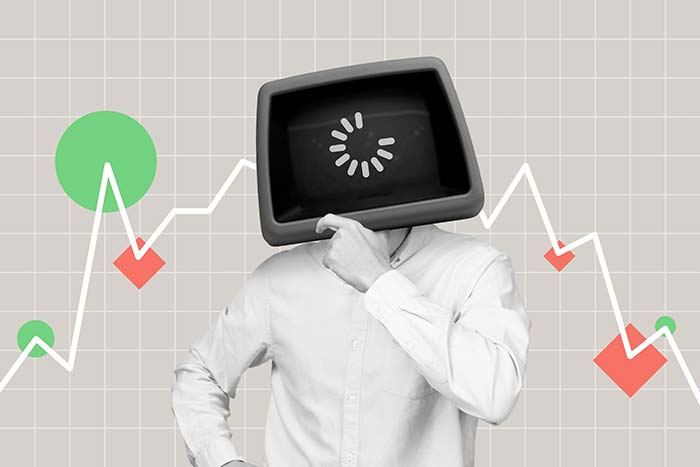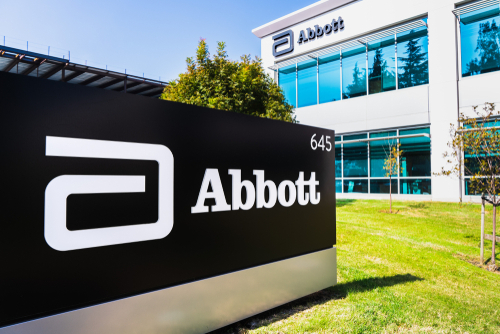Companies That Could Explode in Age of Robots
Editor’s Note: This is an important moment in history…
The AI Boom is creating an opportunity we may not see again for 20 years.
That’s why in today’s guest article, Alexander Green, the Chief Investment Strategist of The Oxford Club, is showing investors a few of the companies poised to take advantage of the biggest breakthrough in modern technology since the internet.
He’s also taking it one step further by telling investors that $1,000 in each of these seven stocks could turn into over $1 million in less than six years.
Some people will surely miss out on this. (Hopefully not you!)
Discover what Alex is calling the “NEXT Magnificent Seven” right here.
– Ryan Fitzwater, Publisher
I often write about how most Americans misperceive capitalism.
They believe it’s all about selfishness, greed and exploitation.
Yet that characterization doesn’t stand up to even a moment’s scrutiny.
Yes, we’re all self-interested. But as a businessman or entrepreneur, you don’t get rich by thinking about yourself.
You must consider other people’s wants and needs and ask yourself: How can I provide them with what they want better, faster or cheaper?
Even if you’re the greediest person in the world, no one is going to give you a dime until you provide them with a product or service of value.
That’s because the system is based on voluntary transactions.
That’s why you always hear two “thank-you’s” at checkout.
You say thanks because you want the merchandise more than the money. The retailers say thanks because they want the money more than the merchandise.
Capitalism promises that you can have anything you want if you just provide enough other people with what they want.
If you don’t want to work for a company, sell to a company, buy from a company or own its shares, you don’t have to.
And if you have been and you’re not satisfied, you are always free to make a change.
Where is the exploitation in that?
Anti-capitalists insist that businesses charge as much as doing as little as they can for their customers, suppliers and employees.
But good ones certainly don’t.
Businesses focused solely on short-term profits don’t last long. If you cut corners on quality, your customers will leave you.
If you bargain with your suppliers too hard, they won’t trade with you.
If you undervalue your employees, they will take their talents elsewhere.
It is in the best interests of business owners to make sure that all stakeholders – employees, suppliers, customers and communities – are satisfied.
Now, here’s a news flash…
Businesses are run by fallible human beings.
Sometimes they make mistakes, breach contracts, use poor judgment, harm individuals or damage the environment.
When they do, the transgressors should be punished. But that doesn’t make capitalism wrong any more than democracy is wrong whenever some politician screws up.
Most wealthy Americans achieved their affluence not by inheritance or real estate speculation but by owning profitable businesses.
Of course, most of us don’t have the time, the money, or the experience necessary to start and run our own business.
Yet we can still own a piece of one – or a whole portfolio of businesses – through the quintessence of capitalism: the stock market.
With even a modest amount of money, any individual can accumulate a stake in many of the world’s great businesses.
And it’s easy. A click of the mouse and you’re in. Another click, and you’re out.
(Compare that to your typical real estate closing.)
And owning a piece of a company is a whole lot simpler than running one.
You don’t have to sign personal guarantees, hire or fire employees, grapple with an avalanche of federal mandates and regulations, pay lawyers and accountants, or even show up for work.
How great is that?
Some Americans today obsess over the issue of fairness. Yet the stock market shines here, too.
If you own shares of Tesla (Nasdaq: TSLA) or Microsoft (Nasdaq: MSFT), for example, your gain over the next year will be just the same as the nation’s richest men: Elon Musk and Bill Gates.
Sure, they may own a few more shares than you do, but your percentage returns will be the same.
We are living in a golden age for investors.
Thirty-five years ago, I wrote research reports for an international brokerage firm.
This generally required multiple phone calls to investment banks and trading houses where I coaxed, cajoled, wheedled (ok, begged) other analysts to send me what I needed.
When the information arrived – usually days later – it required follow-up calls to update the data.
The internet changed all that.
Research that once required hours in the periodical room at the library or days sifting through reports is done in minutes.
Information and ideas scattered or hidden around the globe can be accessed instantly.
Plus, it’s often free and easily available to anyone who takes the time to learn where to look.
You used to have to look up stock prices in the business section of the newspaper.
(When was the last time you did that?)
Or you could call your broker, get placed on hold, and eventually get a quote that – by the time you received it – was no longer current.
After getting your quote, you could place a trade with your broker, who would then put you on hold again while he jotted it down and hustled it over to his trading desk.
In those days, a market order was a real roll of the dice.
Today you don’t think twice about getting a real-time quote, placing a trade with a mouse click and getting a near instantaneous confirmation.
Costs used to be exponentially higher too. Brokers routinely sold mutual funds with front-end loads as high as 8.5%.
(That’s not a misprint.)
And prior to May 1, 1975, brokerage commissions were fixed at high levels too.
Deregulation – and the debut of Charles Schwab – changed that.
Spreads are far thinner today too. When I started in the money management business almost 40 years ago, a large stock might have a spread of an eighth of a point and a small one a quarter of a point.
Tack on a two or three percent commission and you were already down five percent by the time you got your trade confirmation.
Today liquidity is much greater and bid/ask spreads are often a penny.
In short, your investment choices have never been greater. Information has never been more widely available. Monitoring your portfolio has never been simpler. Spreads have never been thinner. Executions have never been faster. And commissions are zero.
Yet I often hear people with little or no experience in the stock market moaning that “the little guy doesn’t have a chance.”
Not true.
You have all the tools you need. But you may still need the essential knowledge to take advantage of them.
![]()
YOUR ACTION PLAN
The explosion in AI presents the greatest investment opportunity since the internet. Which is why I’m revealing what I’m calling the “NEXT Magnificent Seven” stocks in my latest report. I believe these AI stocks will dominate the market over the next decade.
Click here to discover these stocks today.
Good investing,
Alex
More from Trade of the Day
These 2 “Amazon-Proof” Stocks Ignore Market Chaos
Feb 23, 2026
How My “Lotto” Strategy Makes 1,000% Gains Possible
Feb 20, 2026
Why Smart Traders Avoid These Stocks Like the Plague
Feb 19, 2026
Two Footwear Stocks Ready to Follow CROX Higher
Feb 18, 2026
